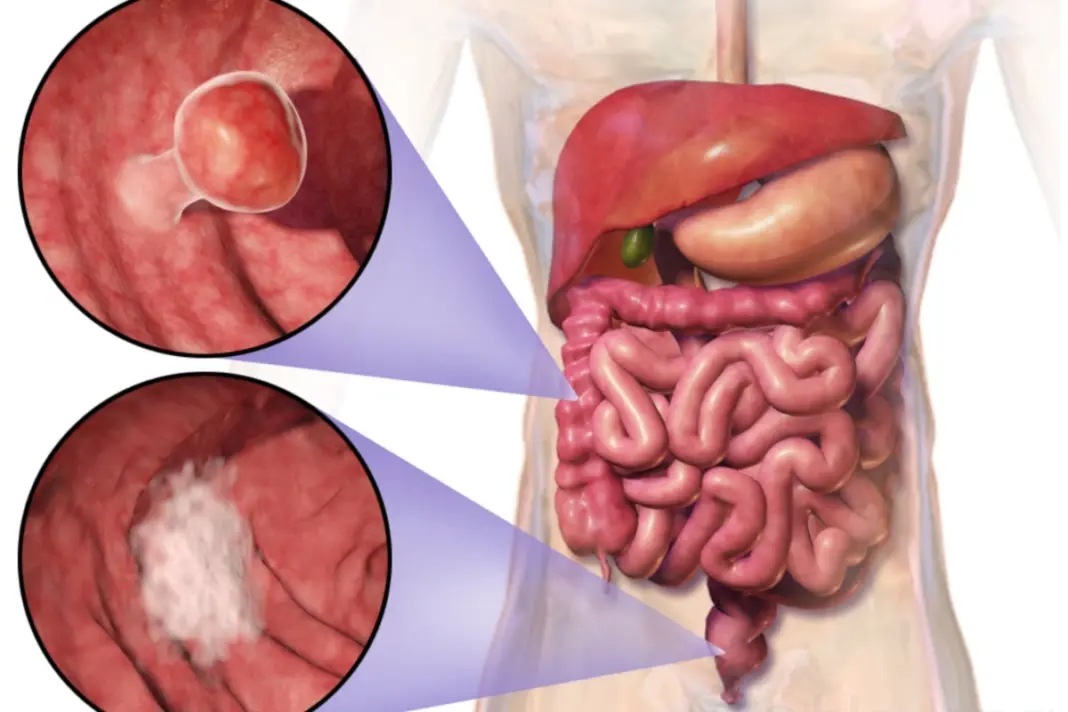Once mostly found in older adults, Colorectal Cancer is now rising sharply among youngsters and people under 50. Experts call this “early-onset colorectal cancer”.
They say the reasons are complex and linked to lifestyle, environment and biology. According to the Rutgers Cancer Institute, cases in people younger than 50 have been increasing by about 3% every year since the early 2010s.
Reason Behind Rising Colorectal Cancer In Young People
A major factor is our modern diet. High intake of ultra-processed foods, sugary drinks, red meat, and processed meat has been strongly linked to early colorectal cancer. Low fibre intake adds to the risk. These eating habits trigger inflammation and disturb the gut microbiome. According to AJMC and The Financial Express, such disruptions may raise cancer risk in young people.
Sedentary routines are another big contributor. Many young adults sit for long hours, move less, and face increasing rates of obesity. AJMC reports that obesity in early life is directly tied to higher colorectal cancer risk later on. Healthline also notes that excess body fat increases inflammation and affects hormone levels, which may promote tumour growth.
But lifestyle alone does not tell the full story. Researchers are paying close attention to the gut microbiome (the trillions of bacteria in our digestive system). Some strains of E. coli produce a toxin called colibactin. According to AJMC, this toxin can damage DNA in the colon. A global genetic analysis of nearly 1,000 tumour samples (cited by The Guardian) found that colibactin-related mutations were far more common in patients diagnosed before age 40. Experts believe early exposure to this toxin could plant the seeds for cancer years later.
DON'T MISS
Genetics also plays a role. Conditions like Lynch syndrome and familial adenomatous polyposis increase risk, but they account for only a small part of the recent rise. According to aau.edu and the Rutgers Cancer Institute, many young patients today do not have these inherited syndromes. In India, researchers have found unique molecular features in younger patients (such as high microsatellite instability (MSI) and specific epigenetic markers), suggesting that tumour biology itself may differ. JAMA Network has highlighted similar patterns.
Environmental exposure is another area of concern. Pollutants such as microplastics, endocrine-disrupting chemicals in plastics and pesticides, and chronic inflammation may damage the gut lining. JAMA Network and the American Cancer Society (ACS) cite these exposures as possible contributors.
Screening gaps worsen the problem. Since colorectal cancer was long seen as an older person’s disease, many young adults are not screened on time. AJMC notes that average-risk adults are now advised to begin screening at 45. The ACS stresses that awareness must increase, as many clinicians still see the disease as uncommon in younger people.
Colorectal Cancer Symptoms That Are Often Ignored
Symptoms such as rectal bleeding or changes in bowel habits are often ignored. According to inspirahealthnetwork.org, younger patients tend to delay medical help, leading to late diagnoses.
In reality, no single cause is responsible. The ACS explains that early-onset colorectal cancer likely results from a mix of diet, genetics, environment, gut bacteria, and lifestyle.
What Can Help?
A diet rich in fibre, regular exercise, and a healthy weight can reduce risk. Awareness of symptoms is crucial. Earlier screening can detect cancer at a stage where treatment is more effective. Continued research is essential to understand why so many young people are now being affected.
Colorectal cancer is no longer just an “older person’s disease”. Its rise in younger adults is a warning and a reminder that prevention, awareness and early screening matter more than ever.



